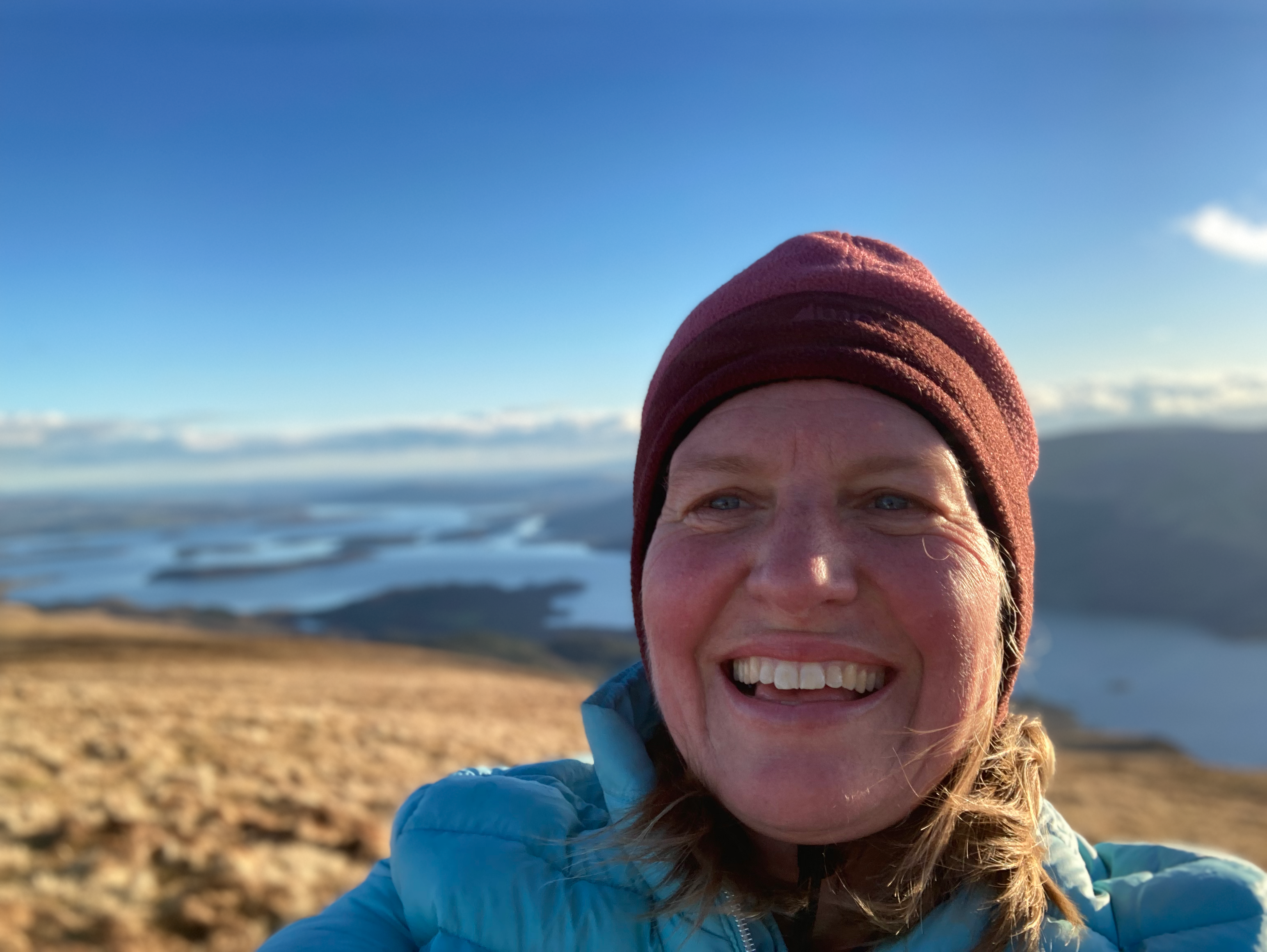
- This event has passed.
6th December: Ideas for co-creating climate resilient Anthropocene critical zone and coastal landscapes

Ideas for co-creating climate resilient Anthropocene critical zone and coastal landscapes
Larissa Naylor, Professor of Geomorphology and Environmental Geography, School of Geographical & Earth Sciences, University of Glasgow
Wednesday 6th December, 1-2pm, Cottrell LTB4 and streamed on Teams (contact the seminar organiser for the Teams link).
This seminar is open to all staff, students and affiliates of the University of Stirling. The seminar is hosted by Biological and Environmental Sciences (BES).
Abstract: Critical Zone Science (CZS) explores the deep evolution of landscapes from the base of the groundwater to the top of vegetation, the zone that supports all terrestrial life. Here we propose a framework for CZS to evolve further, building on 1st generation Critical Zone Observatories (CZOs) in natural systems and 2nd generation CZOs in human-modified systems, to incorporate human behaviour for more holistic understanding in a 3rd generation of CZOs. This concept was tested in the China-UK CZO programme (2016-2020) that established four CZOs across China on different lithologies. Beyond conventional CZO insights into soil, biogeochemical cycling and hydrology across scales, surveys of farmers and local government led to insights into human-environment interactions and key pressures affecting local livelihoods. When combined with the CZS data knowledge exchange opportunities to unravel diverse factors within the Land-Water-Food Nexus were identified, such as reduction in fertilizer use that could directly improve local livelihoods and environmental conditions, contributing towards Sustainable Development Goals (SDGs). Through two-way local knowledge exchange, the local cultural context and socio-economic considerations were more readily apparent. Seeking solutions to understand and remediate CZ degradation caused by human-decision making requires the co-design of CZS that foregrounds human behaviour and the opinions of those living in human modified CZOs. We show how a new transdisciplinary CZO approach for sustainable Earth futures can improve alignment of research with the practical needs of communities in stressed environments and their governments, supporting social-ecological and planetary health research agendas and improving capacity to achieve SDGs.
Bio: Larissa Naylor is Professor of Geomorphology and Environmental Geography at the University of Glasgow, UK. Larissa works at the interface of geomorphology. ecology and engineering and applies this interdisciplinary approach to address ecological and climate change challenges facing society in Europe, Canada, Asia and West Africa. She obtained a DPhil in Geography from University of Oxford in 2002 and a BSc in Geography from University of Victoria, Canada, in 1997, and has authored numerous peer reviewed articles, book chapters, reports, as well editorial roles in world-leading journals. Larissa has recently advised the World Bank s Executive Board, as an appointed expert to the World Bank s Inspection Panel on a project in West Africa. Larissa helped establish the UK s Marine Climate Change Impacts Partnership; informed the Intergovernmental Panel on Climate Change s (IPCC) 4th and 5th Assessments; and advised the International Union for Conservation of Nature (IUCN).
Contact Information:
Personal Website
Email